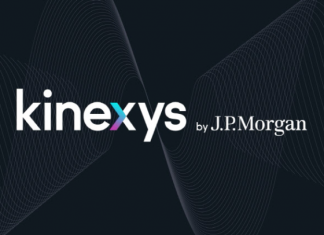
As global banks ramp up their crypto capabilities—offering custody, trading, and execution—Korean banks remain largely restricted from providing even basic crypto custody services.
The U.S. Office of the Comptroller of the Currency (OCC) recently reaffirmed through Interpretive Letter 1184 that national banks and federal savings associations can provide crypto custody, execute trades, and engage third-party custodians on behalf of clients. This regulatory clarity has enabled U.S. banks to develop institutional-grade digital asset infrastructure backed by clear compliance pathways.
In stark contrast, SC Bank Korea recently announced a spot trading service for crypto assets such as Bitcoin and Ethereum, yet explicitly stated that it cannot offer custody services due to regulatory limitations. Customers can buy and sell digital assets through their bank accounts, but the assets themselves must be held elsewhere.
This highlights a significant gap: while global financial institutions are offering vertically integrated services—from custody to execution—Korean banks are confined to limited transactional roles, unable to support core elements like custody, insurance, or safekeeping.
At the heart of the issue is Korea’s lack of legal framework around crypto custody. Despite growing institutional interest, domestic regulatory authorities have yet to establish guidelines for banks to directly hold or manage crypto assets, making it virtually impossible for Korean banks to enter this space meaningfully.
As a result, Korean banks risk falling behind their global peers in offering full-fledged digital asset services. Without custody capabilities, ancillary services like insurance, clearing, and prime brokerage are also out of reach—creating a structural disadvantage in attracting institutional capital or high-net-worth clients.
While SC Bank Korea’s move into spot trading marks a notable step, the absence of a regulatory path for custody services remains a major barrier to innovation and competitiveness in Korea’s crypto finance sector.






